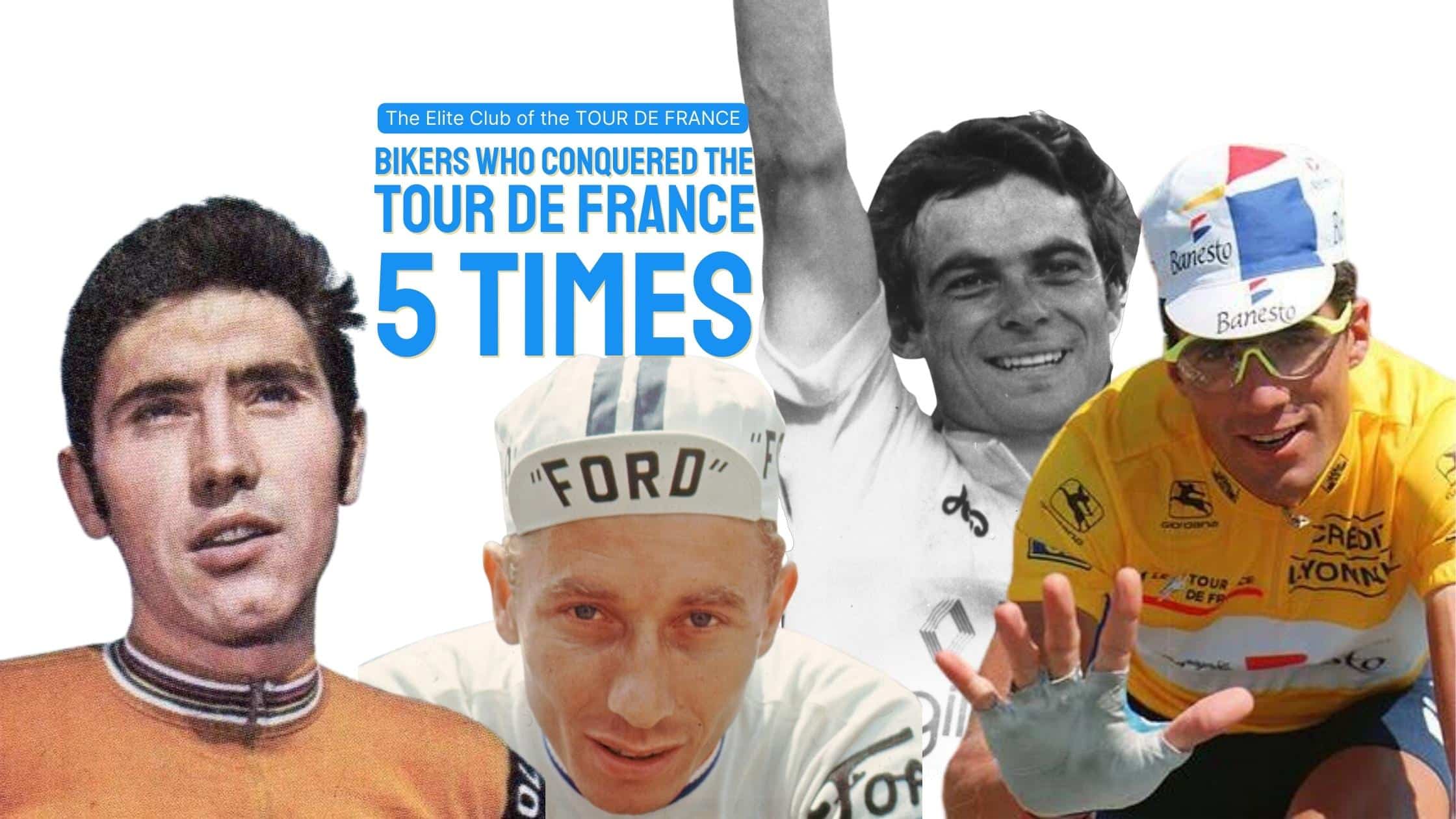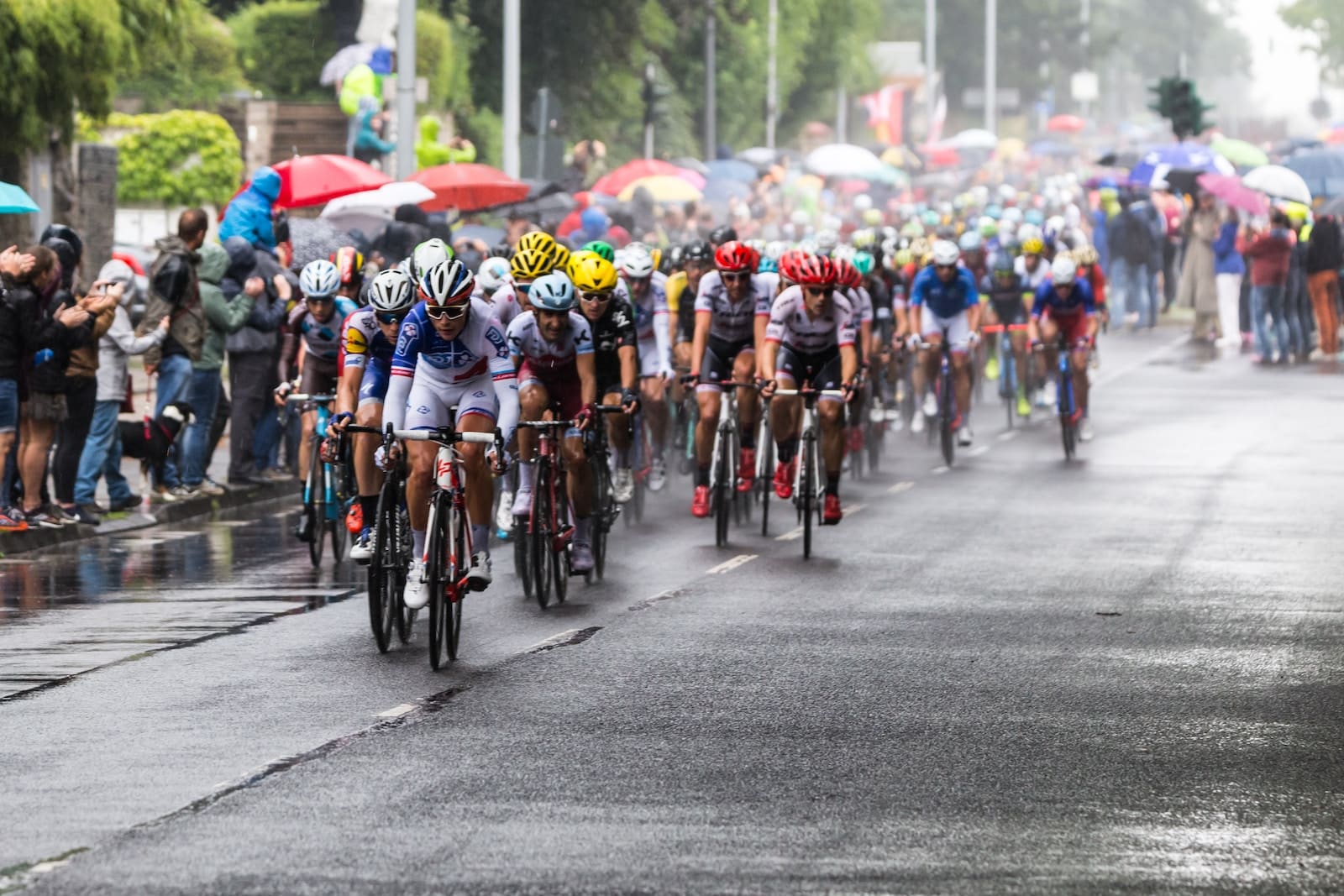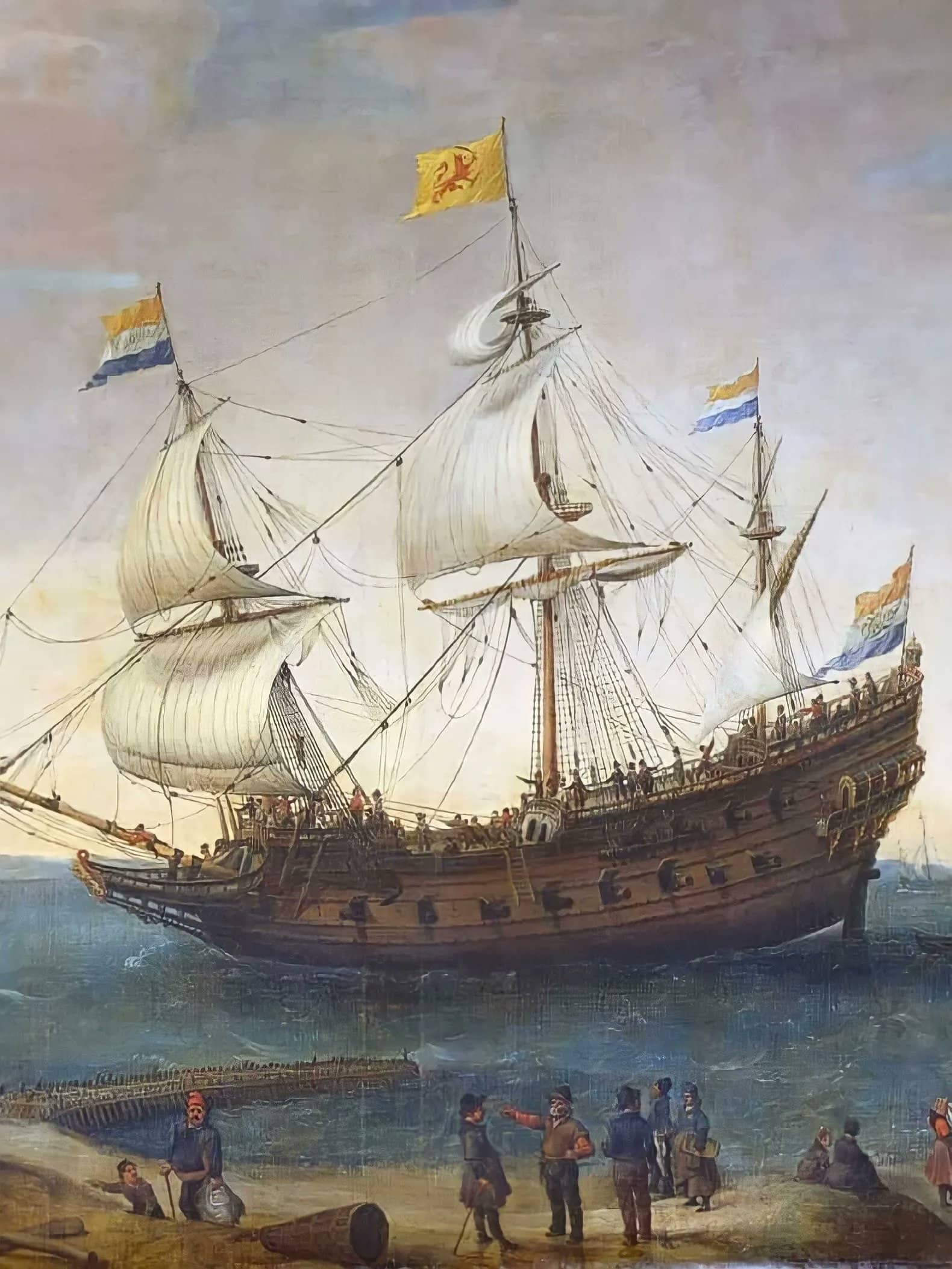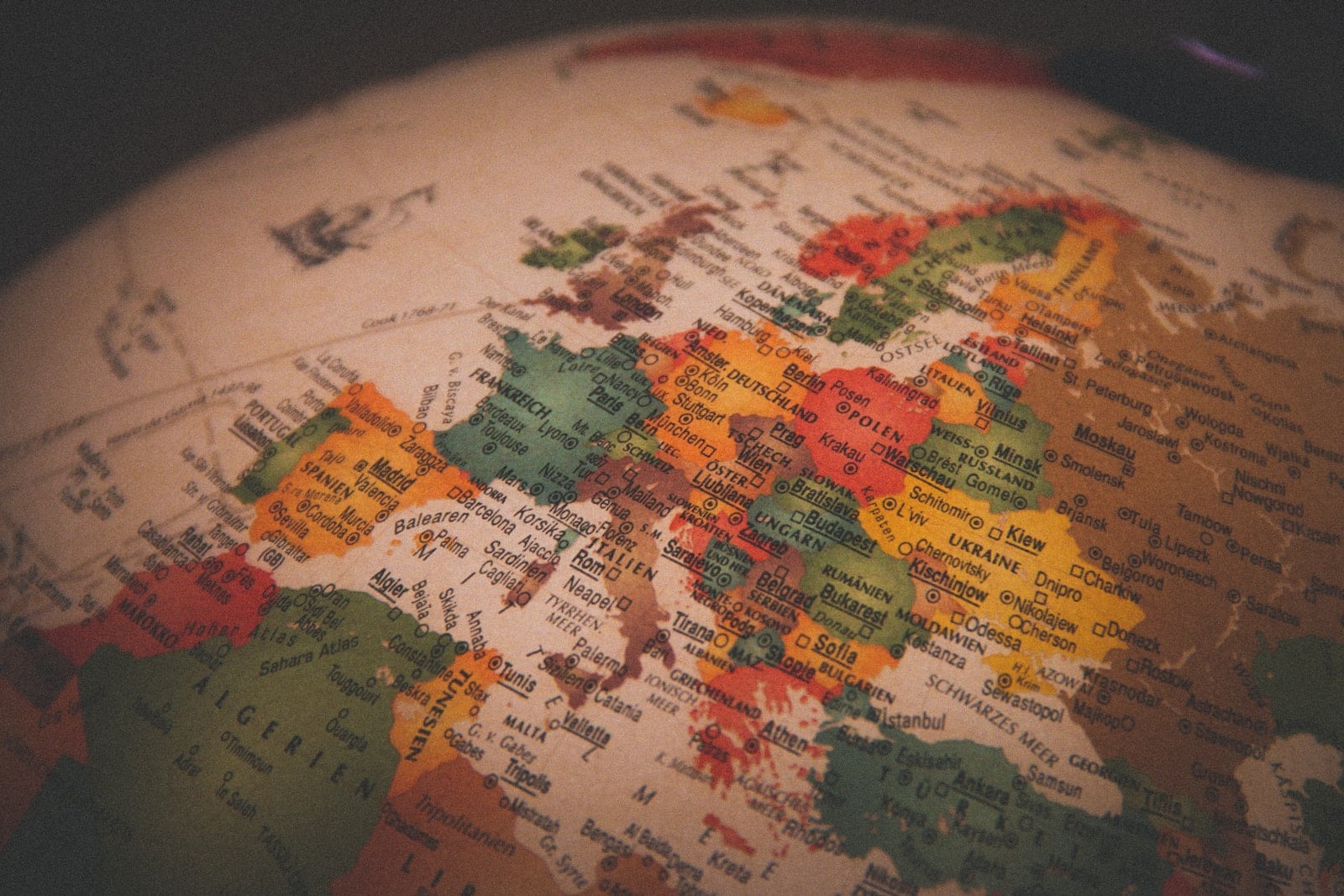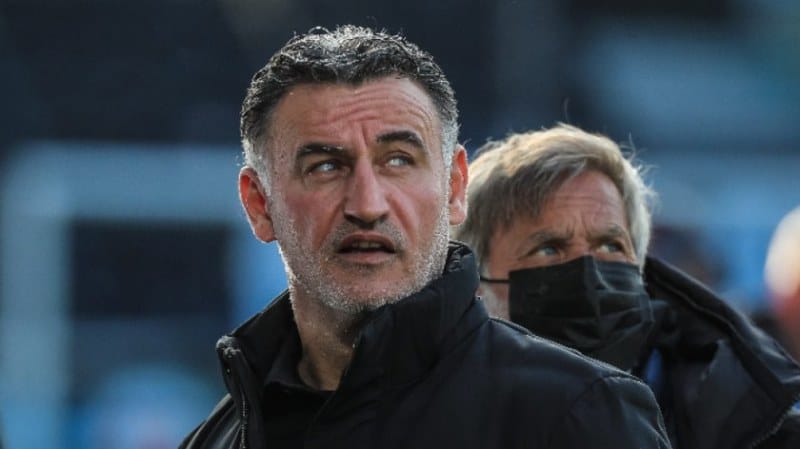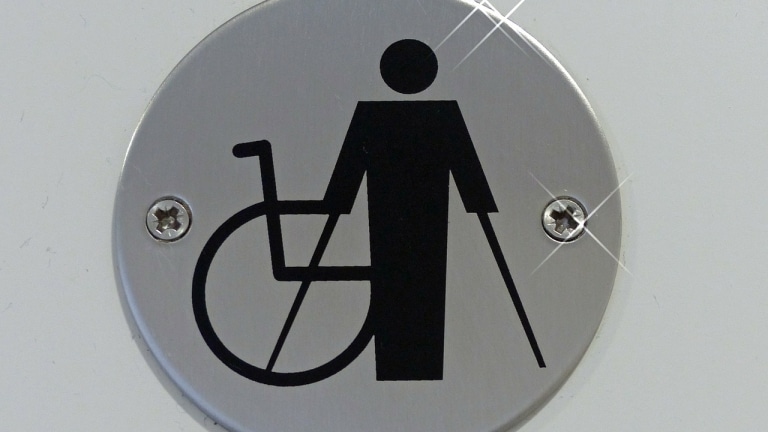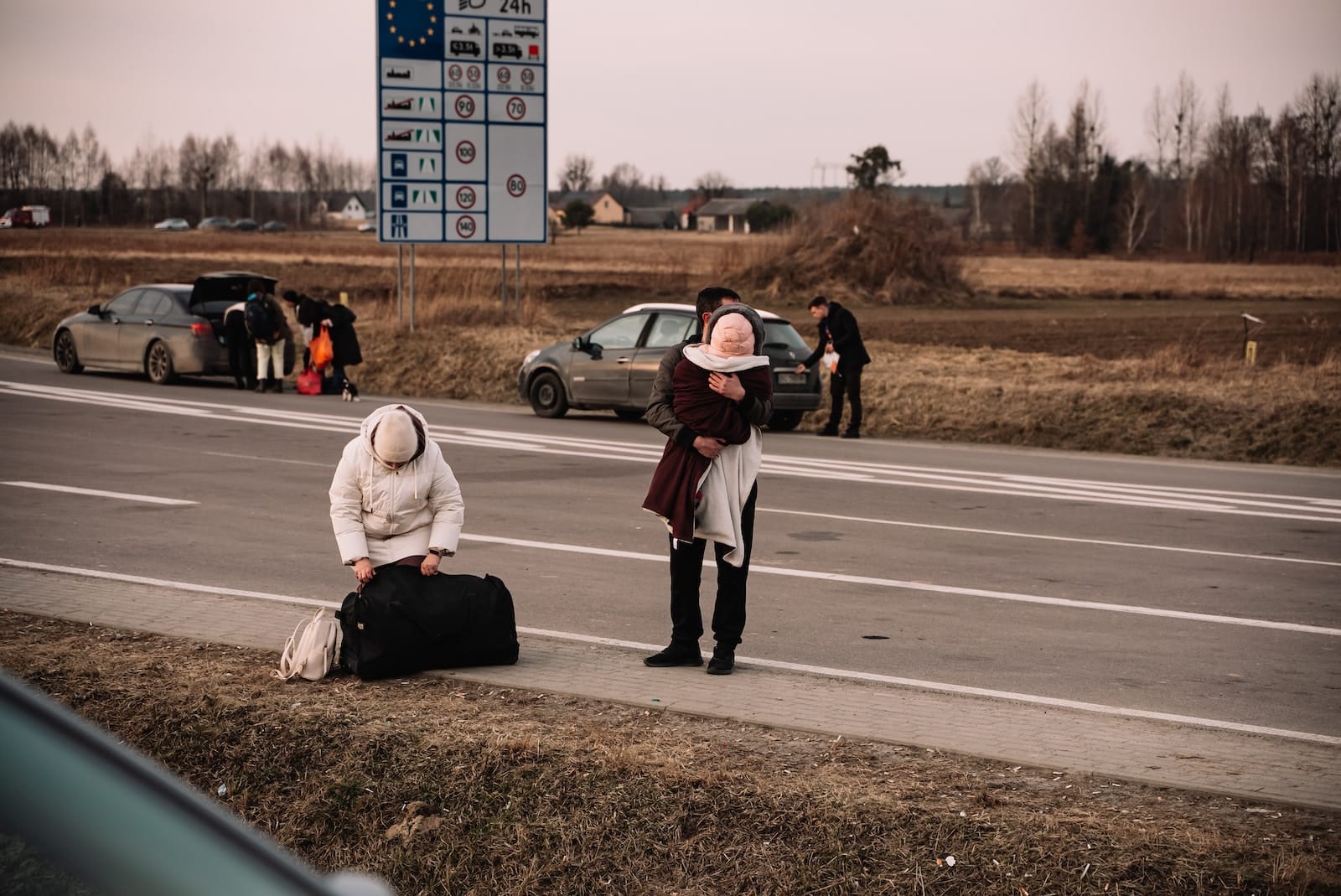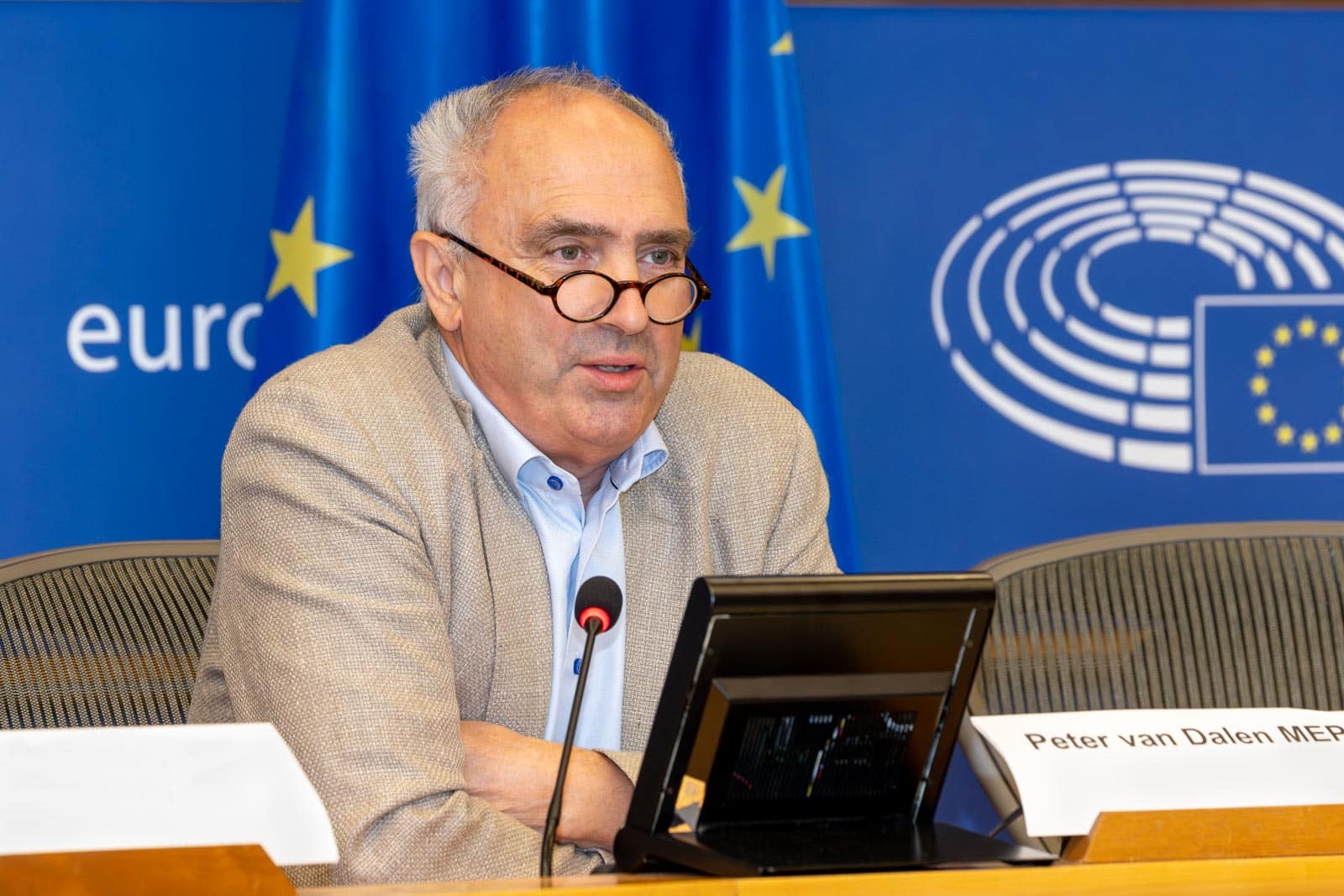The Tour de France, the pinnacle of professional cycling, has witnessed the rise of numerous exceptional athletes throughout its illustrious history of 120 years, which is its anniversary celebration yesterday and today. Among these cycling legends, a select few have achieved the remarkable feat of winning the prestigious race not just once, twice, or thrice, but an astounding five times.
In this article, we celebrate the members of this exclusive club, exploring their extraordinary achievements and indelible impact on the sport. Join us as we delve into the world of cycling greatness and pay homage to the remarkable bikers who conquered the Tour de France five times.
Jacques Anquetil: The Trailblazer
Jacques Anquetil, the French cycling icon, etched his name in the annals of cycling history by becoming the first biker to secure five Tour de France victories. With wins in 1957 and four consecutive wins from 1961 to 1964, Anquetil’s elegant riding style and relentless pursuit of success captivated fans worldwide. His strategic brilliance and ability to excel in both time trials and mountain stages cemented his status as a true trailblazer of the sport.
Eddy Merckx: The Cannibal
Eddy Merckx, known as “The Cannibal,” is widely regarded as the greatest cyclist of all time. Merckx’s domination of the Tour de France during the late 1960s and early 1970s is unparalleled. With his five victories spanning from 1969 to 1974, Merckx showcased his unparalleled versatility and unrivalled determination. The Belgian’s insatiable hunger for success, aggressive riding style, and astonishing all-around abilities solidified his place in cycling history.
Bernard Hinault: The Badger
Bernard Hinault, nicknamed “The Badger,” brought his fierce competitiveness and unwavering determination to the Tour de France. Hinault claimed victory in 1978 and then secured an incredible four consecutive wins from 1979 to 1982. Known for his aggressive attacks and relentless pursuit of victory, Hinault’s strategic brilliance and tenacious riding style made him a force to be reckoned with. His dominance and intensity on the road have left an indelible mark on the race.
Miguel Indurain: The Time-Trial Specialist
Miguel Indurain, the Spanish cycling legend, showcased his unparalleled time-trial abilities during his reign in the Tour de France. Indurain claimed his first victory in 1991 and continued his dominance with four consecutive wins from 1991 to 1995. Renowned for his exceptional endurance and remarkable consistency, Indurain’s ability to excel in long-time trials and high-mountain stages solidified his status as one of the race’s greatest champions.
Conclusion
The Tour de France’s rich history is punctuated by the exceptional achievements of these four remarkable cyclists who claimed victory five times. Jacques Anquetil, Eddy Merckx, Bernard Hinault, and Miguel Indurain elevated the sport to new heights, pushing the boundaries of human performance and inspiring generations of cyclists. Their indomitable spirits, extraordinary talents, and unwavering dedication have left an indelible legacy on the Tour de France and the world of cycling as a whole.
As we celebrate the Tour de France each year, let us remember the extraordinary accomplishments of these five-time champions and pay tribute to their enduring greatness. Their names will forever be etched in the pantheon of cycling legends, serving as an inspiration for future generations of cyclists seeking to make their mark on this prestigious race.



